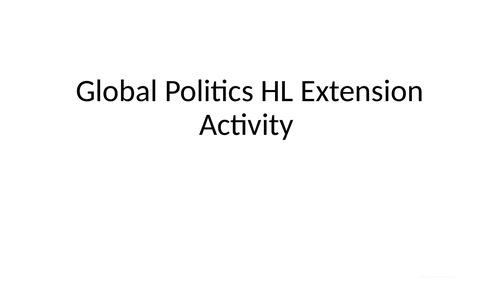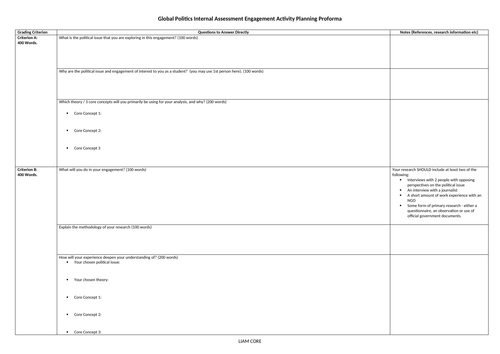Liam's Humanities Shop
I provide resources for a range of Humanities subjects, mainly Sociology, Politics, and History, but also some Geography, Media Studies and Global Perspectives. My resources have been the basis of my students achieving a number of Outstanding Learner Awards from Cambridge International Exams.





















